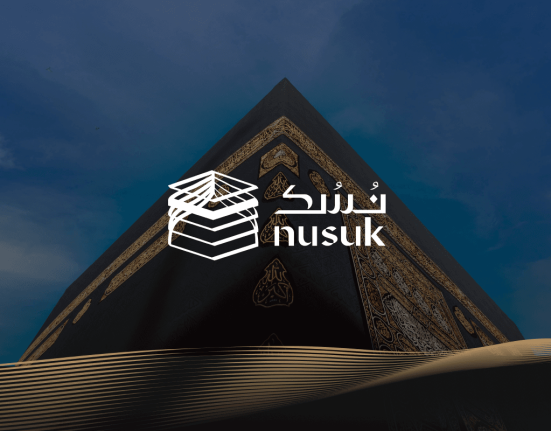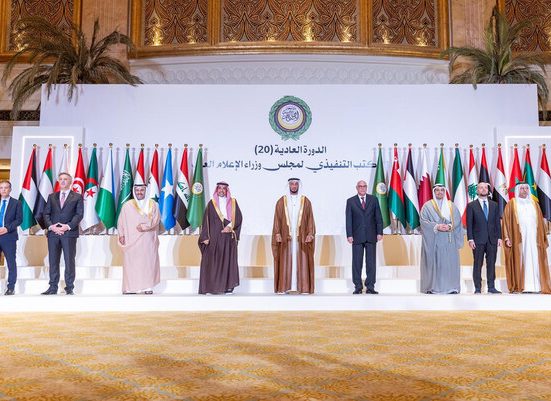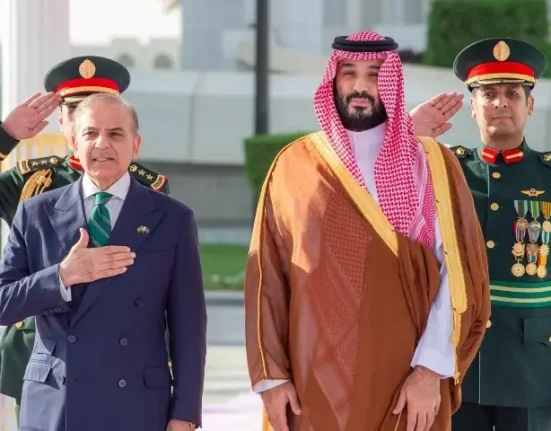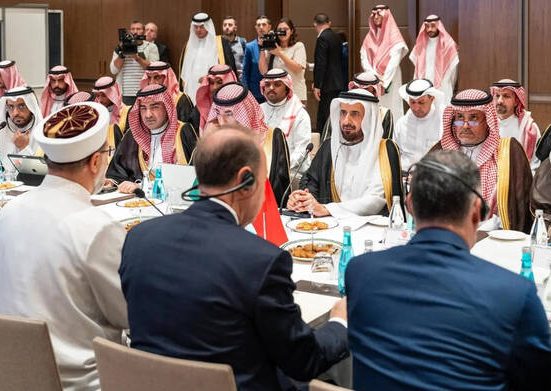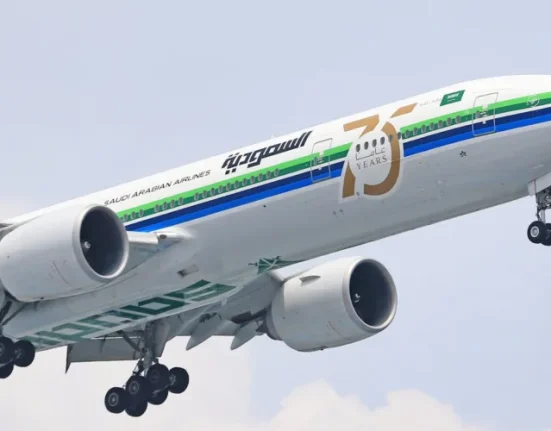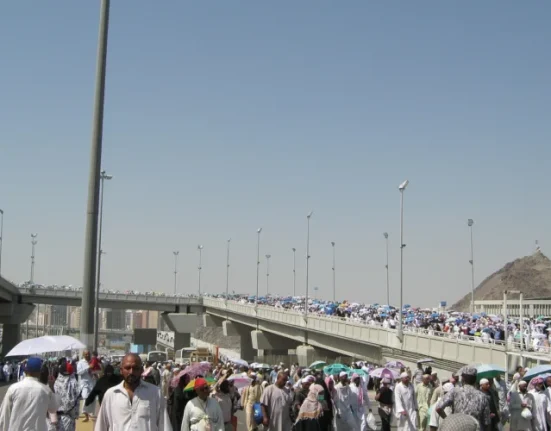In a bold diplomatic and military move expected to recalibrate the security dynamics of the Middle East and South Asia, Pakistan and the Kingdom of Saudi Arabia have officially entered into a far-reaching defence agreement. This formal pact, described by analysts as historic, signals a renewed commitment by both nations to deepen military cooperation, strengthen joint security frameworks, and bolster regional deterrence amid rising geopolitical tensions.
The agreement, which includes a mutual pledge of protection, was recently signed after months of high-level consultations between top defence officials from both countries. The strategic accord outlines mechanisms for intelligence sharing, joint military training, weapons procurement, and rapid response coordination in the event of external threats to either nation.
For Pakistan, a key regional military power with a nuclear arsenal and decades of battlefield experience, this pact solidifies its position as a dependable security partner for Riyadh. Saudi Arabia, in turn, stands to gain from Islamabad’s extensive military infrastructure and operational know-how, especially in counterterrorism and border defence strategies.
The defence pact comes at a time when the broader Middle East is grappling with instability from ongoing conflicts in Yemen, concerns over Iran’s growing influence, and the threat of extremism. In this context, the alliance is being hailed by diplomats and defence experts as a proactive measure to foster long-term stability and prevent hostile actors from exploiting regional vulnerabilities.
Officials from both countries have made it clear that the pact is not aimed at any specific nation but is purely defensive in nature. Saudi Defence Minister Prince Khalid bin Salman described the partnership as “a step towards lasting peace and shared prosperity,” while Pakistan’s Army Chief, General Asim Munir, noted that the agreement reflects a “deep-rooted brotherhood based on mutual respect, strategic trust, and Islamic solidarity.”
The development is also seen as part of Saudi Arabia’s broader efforts to diversify its security partnerships beyond its traditional reliance on Western military powers. Riyadh has increasingly been engaging regional actors in the Gulf and South Asia to build a more independent and cooperative security network that can respond swiftly to emerging threats.
Meanwhile, the implications of this pact stretch beyond defence. Economic observers note that increased military coordination could pave the way for enhanced economic ties, including infrastructure development, energy collaboration, and investment flows—areas where both nations have shown mutual interest. Already, Saudi investments in Pakistan have surged in recent years, with the kingdom committing billions of dollars to development projects, energy supply agreements, and trade facilitation.
From a global perspective, the defence pact between these two influential Muslim-majority countries could reshape regional alliances and potentially influence the balance of power in key flashpoints such as the Gulf, the Arabian Sea, and the Afghan border region.
For Nigeria and other countries closely watching geopolitical shifts, this alliance reinforces the growing trend of regional powers taking control of their own security agendas rather than relying solely on traditional superpowers. It also signals a renewed focus on collaborative defence mechanisms in the Islamic world, possibly laying the foundation for more coordinated peacekeeping efforts in volatile regions.
With the ink barely dry on the agreement, defence planners in Islamabad and Riyadh are already discussing implementation strategies, including joint exercises and operational logistics. As this new chapter begins


